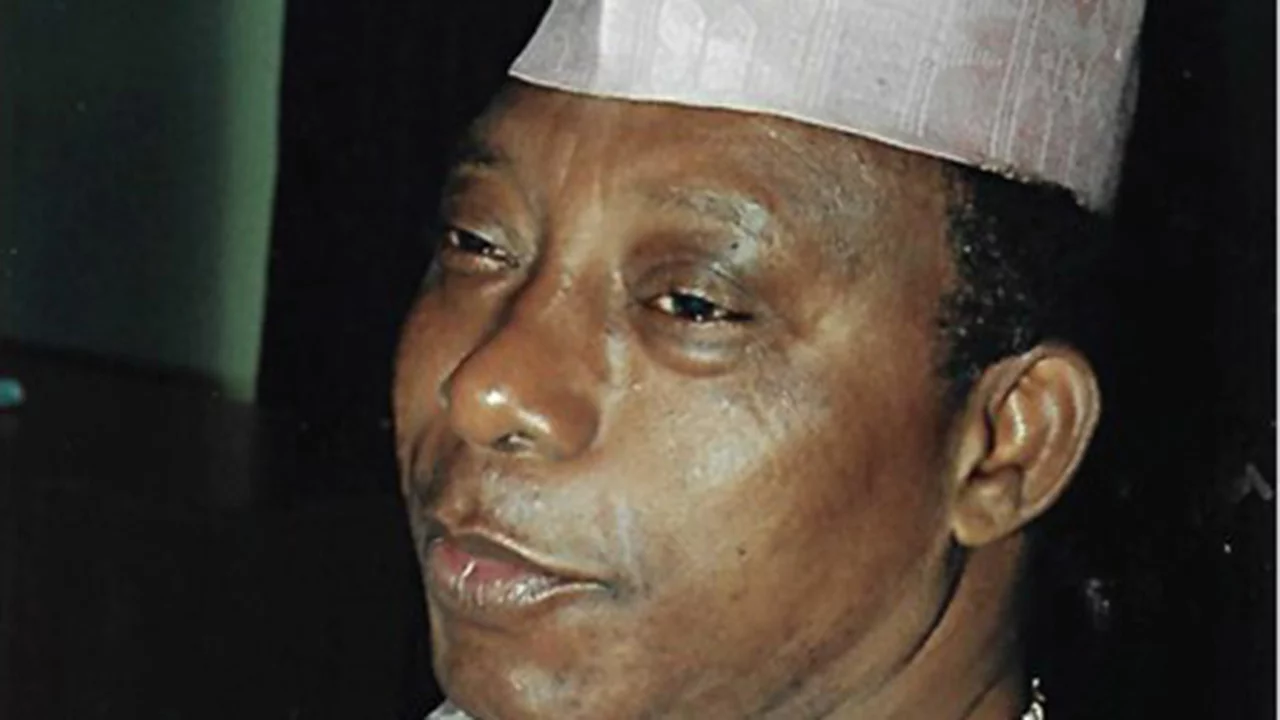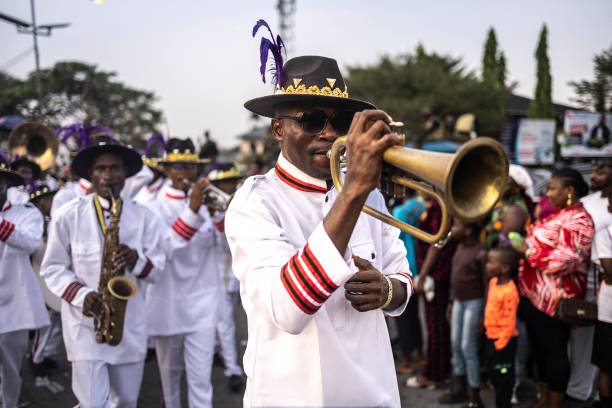I was deeply saddened to read in The Guardian Online that the Federal Government is scrapping the mother-tongue teaching policy, as announced by the Minister of Education, Dr. Tunji Alausa.
According to the minister, “Using the mother tongue language in Nigeria for the past 15 years has literally destroyed education in certain regions. We have to talk about evidence, not emotions.”
Is the minister truly suggesting that the “total destruction” of Nigeria’s education system stems from mother-tongue instruction, as though our languages are inherently inadequate or unfit for teaching and learning?
This statement is not only depressing but also profoundly ironic. He delivered it at a conference organised by the British Council—an institution representing the same nation that colonised Nigeria, suppressed our autonomy, and systematically denigrated our indigenous languages. For generations, colonial rule taught us that our languages were inferior, that the tongues given to us by our Creator were of no intellectual or global value.
Why are the British reviewing our educational data, grading us, and ensuring that we implement their directives? Who recommended such a move? This alone is troubling and raises serious questions about sovereignty, neo-colonial influence, and colonial mentality. Shouldn’t we heed the immortal words of Fẹlá: “Teacher, don’t teach me nonsense”?
It should not be lost on the astute observer that in 2024, the National Assembly—representing the Nigerian people—passed a law that was signed by the President to discard the national anthem composed by a Nigerian citizen and indigene, replacing it with the old colonial anthem authored in Britain. It is now beginning to make sense: it is a Nigeria Last policy.
What has changed in the posture of our former colonisers? Very little. The idea that only English is fit for a nation of at least 200 million Black people, the most populous Black country in the world, remains intact. What is more troubling is that it seems that our own Federal Government and Minister of Education have now completely internalised and repeated these colonial myths.
Dr. Tunji Alausa should know Nigerian history. Professor Babatunde Fafunwa, Nigeria’s Minister of Education from 1990 to 1992, strongly championed the introduction of Nigerian languages as the foundation of early childhood education.
His work, supported by many other scholars and educators, was repeatedly undermined by sympathisers of the colonial project who believed that English must remain supreme.
A Minister of Education in any European country—Wales, Finland, Sweden, Germany, France, Ukraine, or Russia—where their native languages are the primary method of instruction in early childhood education would never denigrate their own national languages. Why should the Nigerian government be permitted to do this?
The global evidence is clear and overwhelming: children learn best when taught in their mother tongue, especially in early childhood. Studies consistently show that native-language instruction improves comprehension, cognitive development, communication skills, and long-term academic performance. When children receive foundational education in a familiar language, they grasp concepts faster and transition more easily to other languages, including English, later in life.
Mother-tongue education also strengthens identity. It connects children to their heritage, culture, and sense of belonging, factors known to boost motivation and academic success. There is nothing inferior about Yoruba, Igbo, Hausa, Efik, Edo, Ibibio, Tiv, or any Nigerian language. They are fully capable of supporting rigorous intellectual development. The only requirement is investing in qualified, well-paid, and well-trained teachers.
Does the minister not understand that coding can, and already is, being done in languages other than English? Programming languages are universal; user interfaces and entire software ecosystems are now being adapted into indigenous languages globally. Learning and being proficient in Nigerian languages is not a hindrance to innovation; it is a pathway to it.
Teaching Nigerian languages is also directly tied to job creation. When a nation invests in its own languages, it builds new industries: translators, interpreters, curriculum developers, language technologists, cultural content creators, AI language modellers, and thousands of teaching and publishing jobs. Why would we throw away an entire economic ecosystem waiting to be developed? Doesn’t he also know that there is no incentive for the British Government to encourage the teaching of Nigerian languages in our schools? That would be bad for business for them.
By abandoning mother-tongue instruction, the minister risks killing the ingenuity and cultural grounding that have sustained our civilisations long before colonialism. Our ancestors produced advanced cultural systems, governance structures, and intellectual traditions, including the sophisticated Ifa knowledge system, centuries before Europeans arrived. But today, the same government that undermines Nigerian languages is pushing for Chinese language instruction in schools. How can we believe in others more than we believe in ourselves?
Statements like the minister’s are exactly what some seize upon to argue that Africans have no language, no culture, and no intellectual tradition of their own. It is a dangerous, harmful narrative, and it must not stand.
This policy must be reversed immediately. And the minister owes Nigerians, parents, teachers, students, and our ancestors an apology.
Dr. Adewoye, a biotech executive, writes from San Francisco, California, United States.






